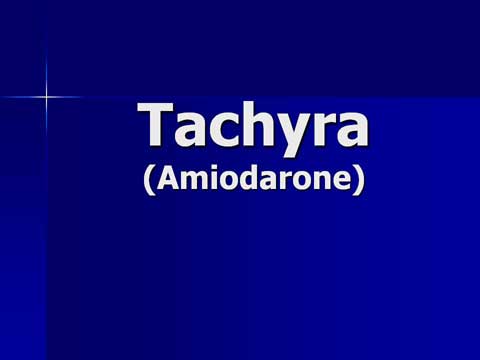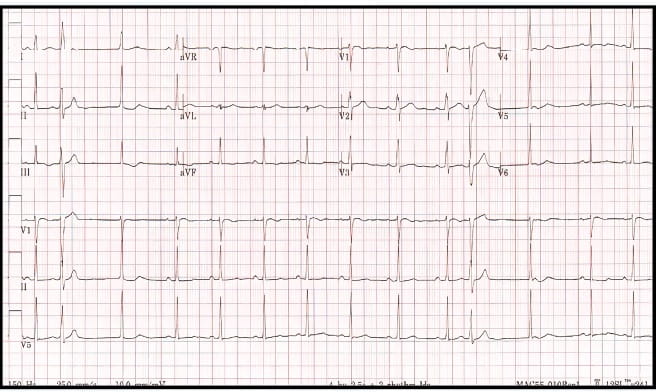AHA 2025: Arrhythmia: Highlights
Lidocaine Attenuation and Treadmill Exercise Tests in the Prediction of Efficacy of Mexiletine in Patients with Long QT Syndromes
Presenter: Yanyun Lin
Inherited long QT syndromes (LQTS) predispose patients to life-threatening arrhythmias. This study assessed 124 patients with inherited long QT syndromes (LQTS) using lidocaine attenuation testing (LAT, n=115), treadmill exercise testing (TET, n=68), and head-up tilt table testing (HUTT, n=54).
Mexiletine significantly shortened QTc in LQT1, LQT2, and LQT3 (P<0.01). LAT produced QTc reduction of 51.8±29.1 ms (P<0.01), with LAT-positive patients showing higher response (66.7% vs. 5.9%, P<0.01). Maximum QTc shortening ≥45 ms predicted mexiletine efficacy (AUC=0.838; sensitivity=92.2%). LQT3 achieved peak QTc shortening faster than LQT2 (37.5 vs. 75 min, P<0.01). During TET, QTc shortening correlated with better response (76.2% vs. 42.9%, P<0.05), while QTc lengthening predominated in LQT1 (100%). HUTT showed no predictive value (P>0.05). LAT and TET accurately predict mexiletine response, enabling subtype-specific LQTS management.
AHA 2025, November 7th-10th 2025, New Orleans, Louisiana, USA




